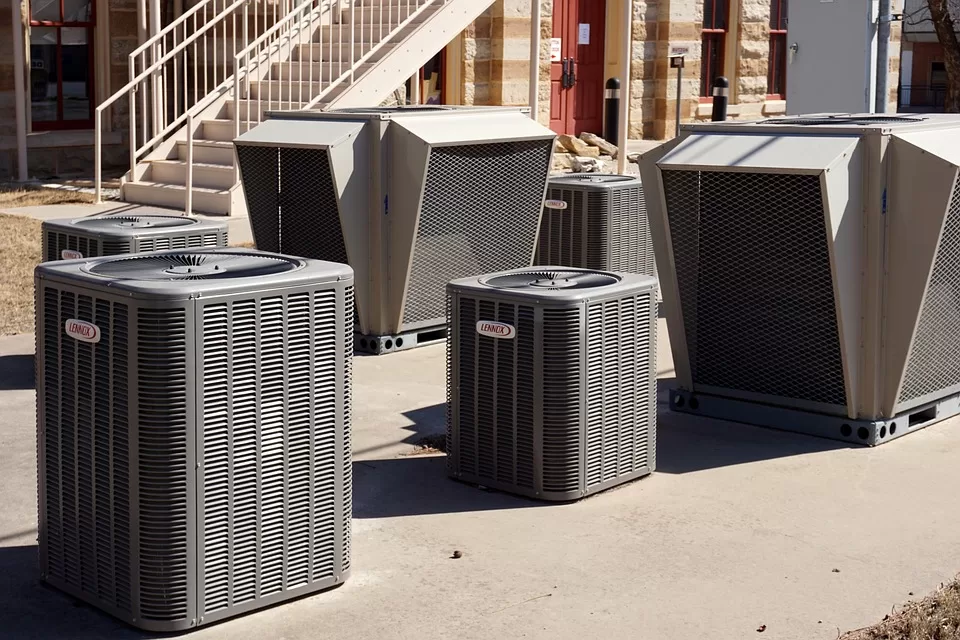No parent wants to wind up in a position where they have to pay child support. Unfortunately, though, divorces and break-ups happen, and they sometimes involve children.
In those circumstances, non-custodial parents are required to make child support payments. Read on to find out how the system works and when to get a lawyer.

The Purpose of Child Support Laws
The first step toward understanding child support is taking a look at the purpose of these laws. The general rule is that child support payments are considered an obligation of non-custodial parents towards the support of their children.
In many cases, court-mandated child support payments improve the quality of living of custodial parents as well as children, which can lead to disputes. Child support laws are in place to make it easier to resolve those disputes.
How Child Support Cases Work
Child support is court-ordered, but that doesn’t mean every order automatically opens a child support case.
One of the parents must take the active step of filing a case in an effort to change the agreed-upon amount of each child support payment or to force compliance in the case of parents who refuse to pay. Here’s a general overview of how the process works:
Step One: File a Summons
The first part of the process involves filing or receiving a summons This typically means that the non-custodial parent receives a legal notification that they have been named in a child support case.
Step Two: Establish Parentage
People who have been summoned to court but don’t believe that they are legally responsible for the child in question can request a DNA test to determine parentage. However, legal parentage can also be established without a DNA test if the couple was married at the time that the mother gave birth.
Step Three: Go to Court
Unless parents come to an agreement outside of court via mediation or another strategy, the next step is to have a judge decide on the appropriate amount of child support. Each parent’s means will be considered, including not just income but also benefits like employee-issued medical insurance.
Making and Receiving Payments
Child support payments begin as soon as the court order is set. In most cases, the money will be withheld directly from the non-custodial parent’s paychecks by their employer. Keep in mind that this arrangement doesn’t imply a failure to pay or reflect poorly on the parent but is instead mandated under Federal law.
Non-custodial parents should also note that child support payments made before the court order has been drawn up or through unofficial channels are typically considered gifts.
If a non-custodial parent is unemployed or self-employed, that person is still legally obligated to make child support payments. Failure to do so can lead to significant repercussions, including:
- Suspended driver’s licenses and passports
- Revoked professional licenses
- Bank liens
- Property liens
- Intercepted tax refunds
- Intercepted lottery winnings
In some cases, non-custodial parents who refuse to pay child support can even wind up doing time in jail. Don’t underestimate the importance of meeting court-ordered obligations.
Modifying Child Support Orders
If non-custodial parents are making good faith efforts to pay child support but can’t afford the payments, there may be programs available to help. Similarly, if either parent has had a change in circumstances such as a lost job or a change in custody or visitation rights, it’s often possible to modify the order.
Although it may be possible to modify the orders, the only circumstance under which the case will be closed is typically when the youngest child receiving support turns 18 and is no longer attending high school full-time. At that point, if there are no past-due balances, the case can be closed after 60 days.
When to Hire a Lawyer
Non-custodial parents are not required to hire lawyers to help with their child support cases. However, most experts suggest scheduling a consultation as early on in the process as possible.
A child support lawyer can explain the person’s options and obligations, which can be helpful for non-custodial parents required to make child support payments and help them navigate admittedly complex administrative and court processes.
In an ideal world, all parents would seek legal representation before a child support case is opened. In this one, some parents prefer to enter into the process alone. However, there are some circumstances under which hiring a lawyer should be considered a necessity rather than a luxury.
Questions About Paternity and Parentage
If the father does not believe himself to be the child’s biological parent, he should hire a lawyer. Tests are often necessary to prove parentage, and that’s not the only question that comes into play when it comes to determining child support obligations.
Inability to Pay
Non-custodial parents who are unemployed or underemployed and won’t be able to make child support payments without incurring significant hardship should always contact lawyers before their court cases. There may be options available that ensure the child’s access to resources without overly burdening the parent.
Disagreements About What’s Reasonable
Many parents begin the process of trying to determine child support payment amounts outside of court. If this otherwise amicable process starts to create dissent, it’s time to hire a lawyer. Otherwise, the case may go to court and the judge may set an amount without the non-custodial parent having a say.
Child Support Should Be About Protecting Children
The child support system was created to make sure that all children had access to the resources that they need to grow and thrive, even if their parents were divorced, separated, or not together.
Unfortunately, divorced or separated parents sometimes attempt to use child support laws as a way of trying to hurt each other, either through refusing to make payments or requesting child support amounts that would place an unreasonable burden on the other parent.
The best way to avoid these kinds of issues and ensure that the court-ordered child support payment amounts are fair and reasonable and that they are paid on time is to hire a lawyer.









